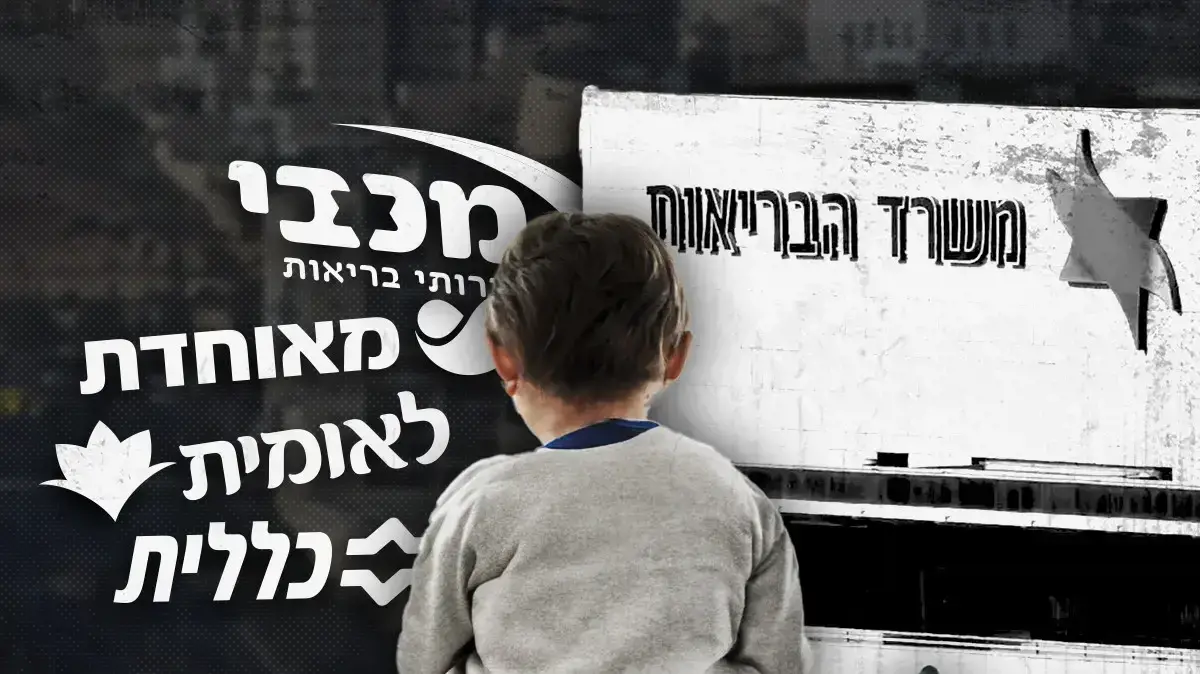According to data from the INE, during 2021 there were 90,582 cases of annulment, separation and divorce in Spain (13.2% more than in 2020).
In almost one of every two cases there were minor children involved;
children who, on many occasions, end up trapped in the conflict unleashed between their parents.
“We tend to take great care of the beginnings of relationships, very little of the processes and nothing of the endings.
And the end is as important as the beginning, since it will mark the foundations of a new stage as a family”, says Rocío López de la Chica (Seville, 36 years old), a Gestalt therapist —therapy that integrates behaviors, feelings and thoughts of the patient—, journalist and with a master's degree in Emotional Education.
Part of her own professional experience
Separate: an act of love towards you and your little ones
(Destination), a book co-written with her current partner, the educator Miguel Ángel Corrales.
She also shares the Creada project with him, through which they help fathers and mothers in the process of separation to manage the situation without losing sight of what is essential: the needs of their children.
ASK.
In the pages of
Separada,
they defend that when a couple with children breaks up, the family does not break, but rather changes its mold.
ANSWER.
Parents can stop being a couple, but parental responsibility will remain for life.
That is why we believe that the family is something that we must take care of, because the bond will always remain as there are children in common.
Another thing is how that link will be, whether strong or weak, but it will never cease to exist.
More information
Paola Roig: "One of the foundations of parenting is meeting the needs of the child 60% of the time"
Q.
They say that they feel more comfortable with the concept of family transformation than with that of separation. Is divorce still stigmatized?
A.
Unfortunately yes.
The numbers of separations do not stop increasing, but we cannot forget the short history of legal divorce in Spain.
Until 1981 it was something illegal.
Starting from this base, at a social and ideological level we still understand that the family, if it is not made up of a father, a mother and some children, is not so valid.
We all want to reach that ideal of family;
and anything below that is considered a failure in some way.
For this reason, one of the greatest resistances when facing a separation with children is that mourning for the ideal and standard family that we are no longer going to be.
Q.
Does that ideal make many couples maintain their relationship despite everything?
R.
We carry the idea that we have to put up with our children, believing that what children need is a perennial coexistence with their parents.
But we defend that it is not at the expense of mental health.
Many times couples are kept together, but not united;
and they are held together by the children, which is to burden them with the responsibility of being glue children.
In the end, what children learn is that a loving relationship is that.
We have to be a model for our children.
It is not about maintaining a relationship at all costs, nor about separating by apologizing for the separation, but about understanding that what harms and what benefits is not the mold of the relationship, but rather the management of it.
After all, our children need us to be happy, not living together at all costs;
and they do not require us to be a couple,
Rocío López de la Chica, Gestalt therapist, journalist and Master in Emotional Education.RL
Q.
Can children end up being the perfect victims of these separation processes?
A.
Unfortunately yes.
The traditional form of separation is usually very belligerent and children are not taken into account and are often even used as bargaining chips.
Q.
We didn't even talk about the Shakira and Piqué case then.
R.
(Laughter) There I am missing a lot of information, but there is something we advocate for and that is not to speak ill of the other parent in front of our children, because that person occupies a sacred place in their hearts.
It is very important that we distinguish the role that the other person occupies as a man or woman from the role that he occupies as a father or mother.
For our creatures we are their god and goddess, even in adolescence, so it is essential that we respect that sacred place that the other person occupies in the lives of our children.
Q.
In addition to speaking ill of the other, what are the most common mistakes that mothers and fathers tend to make when divorcing in relation to their children?
R.
Another common mistake is to compare and compete with others to be a better mother or father.
To enter that competition is to lose ourselves, it is to disconnect from our children.
To the extent that we enter to see what the other party is doing or not doing, we stop looking at the children, we pay attention outside.
And it is very important that in this process the needs of the children are taken into account so that this change that generates a lot of insecurity in them can be lived in an orderly way, integrating what they are experiencing like any other change in their lives.
View this post on Instagram
A post shared by PAPELERÍA LIBRERÍA REDONDO (@redondopapeleria)
Fr.
Rafa Guerrero explains in the prologue that, although the separation is not the death of the family but a transformation, the children need a period of mourning to accept the new reality.
What would you say is essential to take care of your children in this period of mourning?
R.
The first and most important thing is to take care of the need to belong.
It is the first basic need that is revealed when we stop being a couple, because "if mom and dad, who are my structure, stop being a couple, where am I?"
And "if my parents don't love each other like they have until now, what do I have to do, choose between them?"
That is the first thing to take care of, let them know from what we say, and from how we act, that we are no longer a couple, but that we will always be a family.
And the next need is to feel seen.
That is why it is very important not to enter into the battle of egos, because then they are emotionally orphaned in the process and they cannot achieve adaptation.
Q.
Do you get out of the separations?
R.
(Laughter) It comes out and, many times, they are even an opportunity for a better life.
If we make a conscious separation, this is inevitably linked to personal growth.
And a conscious separation does not have to occur with the two available parents.
Most of the time it happens without one of the two being available to her.
But yes, there is life beyond separation and many times it is a life with much more light.
You can follow Mamas & Papas on
,
or sign up here to receive
our biweekly newsletter
.

/cloudfront-eu-central-1.images.arcpublishing.com/prisa/WVVB5FQP7ZGGNOTVPWLZUUP4BQ.jpg)







